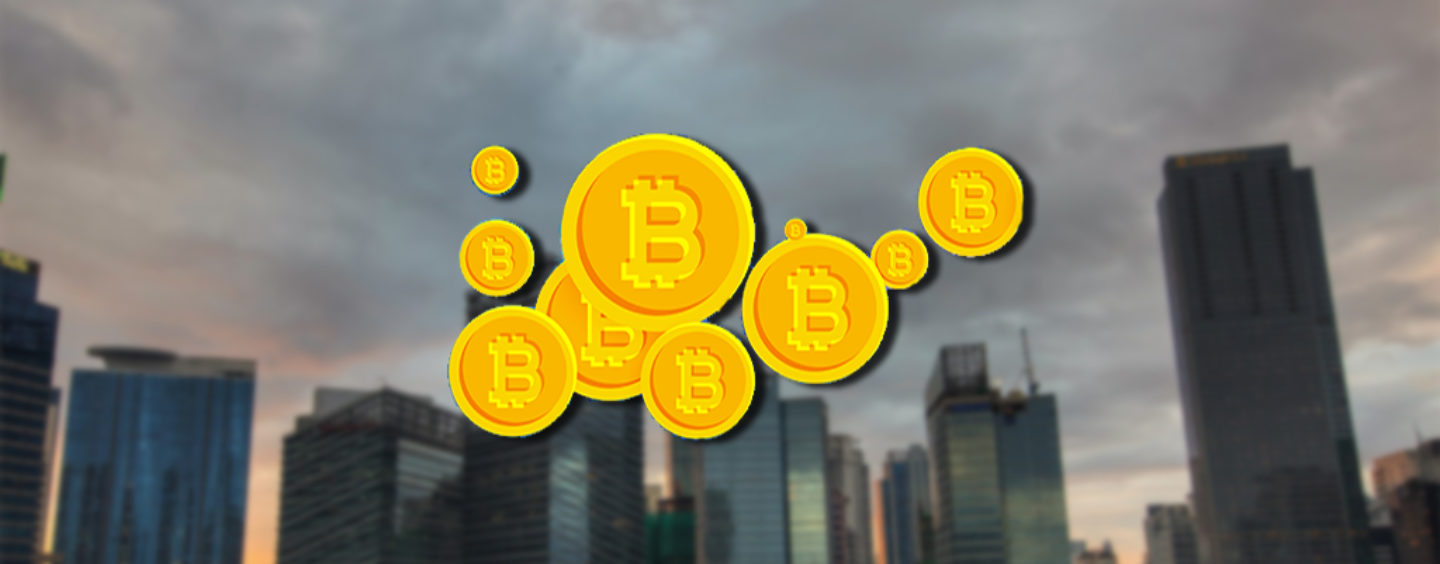Developments about fintech regulations in the Philippines seem to be working to the advantage of fintech companies who do ICOs.
Unlike in China where ICOs were banned in the country’s capital markets last year, the conduct of ICO in the Philippines was welcomed by the Securities and Exchange Commission (SEC), and Banko Sentral ng Pilipinas (BSP) or central bank who are now working to come up with regulations for the protection of the investing public.

SEC commissioner Emilio Aquino said they target to finalize regulations this year.
BSP Governor Nestor Espenilla Jr., noted the Philippines already ranks third globally in terms of Bitcoin use.
The local monthly VC trading volume is pegged to be about $6 million from only $2 million in 2016. This was mostly attributed to remittannces of overseas Filipinos that broke its year-on-year record just last week.
SEC’s new regulations will cover financial literacy of investors, cyber-security, the feasibility of the projects and eligibility of the teams behind them.
Here’s a recap of fintech regulation in the Philippines for the past 20 months:
In June 2016, the central bank disclosed of its plans to tighten regulations on cryptocurrency exchanges during the introduction of its new cyber-security surveillance division whose main focus is to test the ability of banks (universal, commercial, thrift, rural, and cooperative) and other non-bank firms such as pawnshops.
BSP took notice of the $2 million to $3 million monthly Bitcoin transactions which Espenilla considered “not a small amount.”
 Early 2017, BSP recognized the VC systems’ potential to revolutionize financial services that may further support financial inclusion. The bank issued its guidelines for VC exchanges meant not to endorse any cryptocurrency but “to regulate VCs when used for delivery of financial services, particularly for payments and remittances, which have material impact on anti-money laundering (AML) and combating the financing of terrorism (CFT), consumer protection and financial stability.”
Early 2017, BSP recognized the VC systems’ potential to revolutionize financial services that may further support financial inclusion. The bank issued its guidelines for VC exchanges meant not to endorse any cryptocurrency but “to regulate VCs when used for delivery of financial services, particularly for payments and remittances, which have material impact on anti-money laundering (AML) and combating the financing of terrorism (CFT), consumer protection and financial stability.”
In mid-November 2017, BSP led by Espenilla, attended the 2nd Singapore FinTech Festival and forged “closer fintech ties” with the Monetary Authority of Singapore (MAS) to promote innovation in financial services in their respective markets. MAS is Singapore’s central bank and integrated financial regulator.
Both BSP and MAS expect to be able to refer promising fintech firms to each other, share emerging fintech trends and developments, and facilitate work on finrech projects together. These projects could involve tapping on new financial technologies, like distributed ledgers, to provide innovative solutions to industry problems, such as facilitating faster cross-border payments and streamlining “know-your-client” (KYC) processes.
The following month in December, BSP reportedly issued two licences to cryptocurrency exchanges last year and was reviewing 12 applications for Bitcoin exchange registrations in December. Those who will be granted licenses will have to do regular transaction reporting and obey the bank’s other regulations.
By early January 2018, BSP joined discussions with ASEAN banks to consider a “regional sandbox” approach or fintech testing, which Espenilla touted as a “one size fits all” scheme in trying out digital financial products. This means fintech firms are allowed to experiment in offering new products and services under close monitoring by the BSP, before they are covered by banking regulations.
Then on January 18, the SRC released an advisory on ICOs where it stressed that when an ICO involves the sale of a company’s securities to the public, the securities offered must be duly registered with appropriate license and/or permit as pursuant to the provisions of Section 8 and 28 of the Commission.
And just about a week later, SEC halted an ICO by four companies either owned, headed or associated with Joseph Calata, the chairman of Calata Corp, the agribusiness conglomerate delisted from the Philippine Stock Exchange in 2017. This was because the Krops Tokens and/or KropCoins being sold in the ICO were “without the required license from the Commission” and therefore makes it a “continuing illegal act.”
SEC explained the Krops Tokens and/or KropCoins were “securities since these represent interests in a profit-making venture, evidenced by instruments in electronic form”, and therefore should be registered with the Commission before being offered or sold to the public.
In the past few weeks, Philippine-based payment solutions firm Salarium raised $13.5 million in the sale of its SALPay token, followed by the TGE or token generation event launched by LoyalCoin, a blockchain solutions of digital customer loyalty startup Appsolutely last February 2. LoyalCoin said it sold out over 4.750 billion LYL tokens but Appsolutely founder and CEO Patrick Palacios declined to translate the value in USD terms.
Featured image via Pixabay & Freepik








